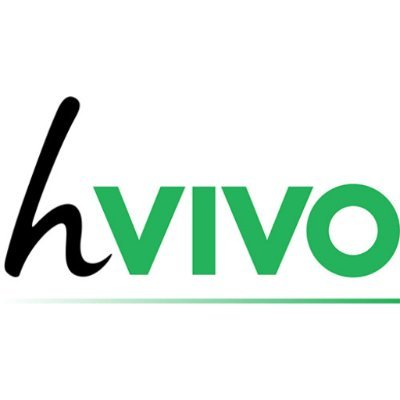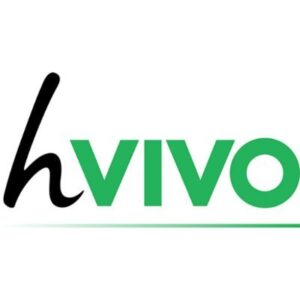Infectious diseases account for 7% of deaths in the UK and cost the economy £30 billion annually, significantly burdening the NHS and affecting productivity and wellbeing. Human challenge trials (HCTs), where volunteers are deliberately infected with pathogens in controlled environments, offer a quicker and more effective way to study early-stage impacts of diseases, develop vaccines, and design interventions to prevent outbreaks.
The UK, with its successful history in COVID-19 trials and the Common Cold Unit, has the potential to lead globally in HCTs. The UK hosted the first and only COVID-19 HCTs, providing critical insights into SARS-CoV-2. Moreover, UK challenge studies have been pivotal in developing vaccines for malaria, RSV, and typhoid. Universities such as Oxford, Imperial, and Liverpool, along with the private company hVIVO, already conduct extensive HCTs on various pathogens.
To cement its position as a leader in challenge trials, the UK should establish a centralised facility for challenge agent manufacturing and storage, a network of decentralised dedicated study wards, and a government body to oversee these efforts. This network, funded up to £115 million and becoming self-sustaining over five years, would enhance the UK’s capability in HCTs and support public health by reducing the strain on the NHS.
The COVID-19 pandemic underscored the critical importance of preparedness against infectious diseases. Even outside pandemics, seasonal flu alone costs the UK economy over £600 million annually. However, current research is hindered by the need to study infected populations during natural outbreaks, slowing scientific progress. HCTs offer a solution by providing a controlled environment to study disease spread and progression, thereby advancing our understanding and development of new treatments.
The UK’s historical leadership in HCTs dates back to the Medical Research Council’s Common Cold Unit, operational from 1946 to 1989. Despite this legacy, current research is bottlenecked by limited infrastructure for challenge agent manufacturing and dedicated bed space. Presently, only one in-patient HCT facility exists in the UK—a 50-bed private facility by hVIVO—with an additional 12-bed public facility planned in Liverpool. This scarcity inflates the cost and complexity of studies, particularly affecting small businesses.
Investing in challenge agent manufacturing and expanding HCT bed space presents significant opportunities to enhance UK public health, commercial trial success, and pandemic preparedness. Commercial clinical trials add £1.8 billion to the UK economy annually, and HCTs can provide early efficacy data at a lower cost than traditional trials, benefiting smaller biotechnology companies. The UK’s academic institutions and regulatory expertise make it well-positioned to leverage these investments.
Government investment in HCT infrastructure would yield substantial public health benefits, reducing the economic burden of diseases like seasonal influenza and RSV, which cost the UK over £30 billion annually. Furthermore, ready-to-go HCT infrastructure can expedite clinical trials during pandemics, supporting the UK’s biosecurity goals.
To achieve these objectives, the government should establish a centralised facility for challenge agent manufacturing and storage, funded with £15-25 million, and a decentralised network of dedicated HCT wards with £20-40 million over five years. A government oversight body should coordinate these efforts, ensuring rapid decision-making during health emergencies and facilitating knowledge sharing.
In the initial months, the Secretary of State for Science, Innovation and Technology should commission a team to scope out the use cases for a centralised UK Challenge Centre, conduct market research, and allocate initial funding. Subsequently, the government oversight body should open the facility, gather agent stocks, and design strategies for new agent manufacture and pandemic preparedness.
Establishing these facilities and frameworks will position the UK as a global leader in HCTs, attracting substantial investment in pharmaceutical development, expanding clinical trial activities, and pioneering infectious disease research. This strategic investment will enhance public health, economic resilience, and preparedness for future pandemics.
hVIVO plc (formerly Open Orphan plc), led by Cathal Friel, is a rapidly growing specialist contract research organisation (CRO) and the world leader in testing infectious and respiratory disease vaccines and antivirals using human challenge clinical trials, providing end-to-end early clinical development services for its broad and long-standing client base of biopharma companies.


